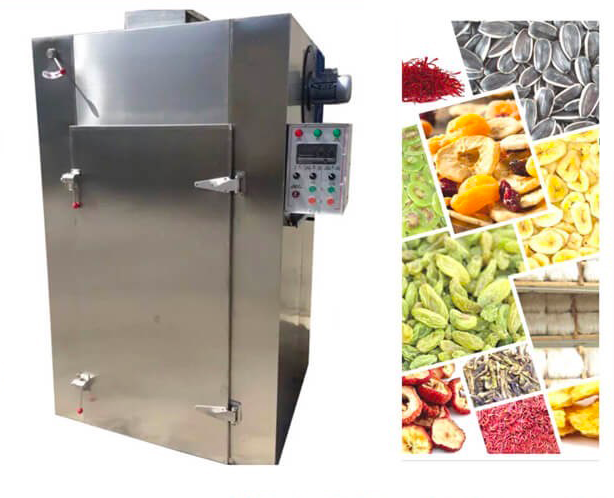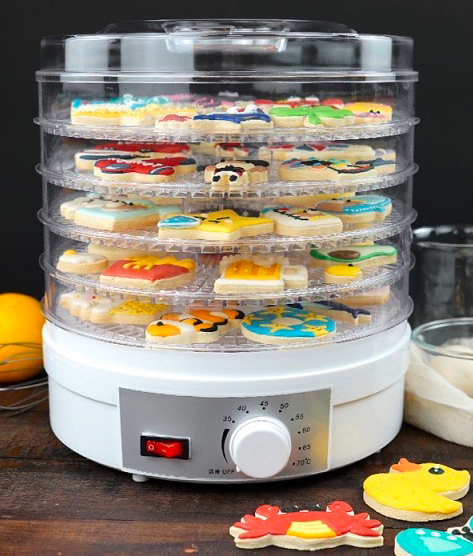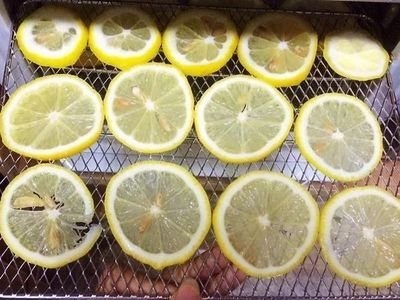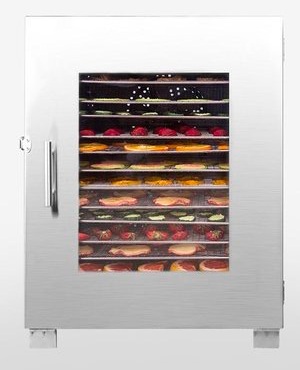
Content Menu
● How Heat Pump Dryers Work
● Advantages of Heat Pump Dryers
● Installation Considerations
>> Space Requirements
>> Noise Levels
● Comparison with Other Dryer Types
● Maintenance Tips for Heat Pump Dryers
● Common Misconceptions
● Choosing the Right Heat Pump Dryer
● Conclusion
● Frequently Asked Questions
>> 1. What is the main difference between a heat pump dryer and a conventional dryer?
>> 2. Can I install a heat pump dryer anywhere in my home?
>> 3. How often do I need to clean the filters?
>> 4. Are heat pump dryers suitable for all types of fabrics?
>> 5. Do heat pump dryers require special maintenance?
Heat pump dryers have revolutionized the way we think about laundry drying. In contrast to traditional vented dryers, which expel hot, moist air outside, heat pump dryers operate on a closed-loop system that recycles air within the unit. This technology not only makes them more energy-efficient but also allows for greater flexibility in installation since they do not require external venting.

How Heat Pump Dryers Work
Heat pump dryers use a heat exchange system to dry clothes. They work by drawing in ambient air, heating it, and then passing it through the drum where it absorbs moisture from the laundry. The moist air is then cycled through an evaporator where the moisture is condensed into water and collected in a tank or drained away. The now-dry air is reheated and sent back into the drum to continue the drying process. This method is much gentler on fabrics compared to conventional dryers, which operate at higher temperatures.
Advantages of Heat Pump Dryers
- Energy Efficiency: Heat pump dryers are significantly more energy-efficient than traditional vented models. They use less electricity by recycling hot air, which can lead to lower utility bills over time.
- Gentler on Clothes: Operating at lower temperatures helps preserve the integrity of fabrics, making heat pump dryers ideal for delicate items.
- No External Venting Required: One of the most significant benefits of heat pump dryers is that they do not require an external vent. This means they can be installed in various locations within a home without needing to modify existing structures for venting.
- Environmental Benefits: By using less energy and reducing carbon emissions, heat pump dryers are a more environmentally friendly option.
Installation Considerations
While heat pump dryers do not need to be vented externally, they should be placed in a well-ventilated room to ensure optimal performance. Adequate airflow is essential because while these dryers recycle air, they still release some moisture into the surrounding environment. Therefore, having a small window or door slightly ajar can help manage humidity levels in the room.
Space Requirements
When considering installation, it's important to note that heat pump dryers typically require a bit more space than traditional models due to their design and functionality. Ensure there is enough clearance around the unit for proper airflow and maintenance access.
Noise Levels
Heat pump dryers tend to operate at lower noise levels compared to conventional dryers. This makes them suitable for installation in areas close to living spaces or bedrooms without causing significant disturbance.
Comparison with Other Dryer Types
To better understand the benefits of heat pump dryers, it's helpful to compare them with other types of dryers:
| Feature | Heat Pump Dryer | Vented Dryer | Condenser Dryer |
| Energy Efficiency | High | Low | Moderate |
| Installation Flexibility | High | Low (requires vent) | Moderate |
| Temperature Control | Low (gentle drying) | High (hot air expelled) | Moderate |
| Moisture Management | Internal collection | External expulsion | Internal collection |
Maintenance Tips for Heat Pump Dryers
Proper maintenance is crucial for ensuring your heat pump dryer operates efficiently:
- Regularly Empty the Water Tank: If your model collects water, make sure to empty it regularly to prevent overflow and maintain efficiency.
- Clean the Filters: Just like traditional dryers, heat pump models have lint filters that need cleaning after every use to ensure proper airflow.
- Check for Blockages: Ensure that any air intake vents are not obstructed by dust or debris, as this can hinder performance.
- Professional Servicing: Consider scheduling professional maintenance checks annually to ensure all components are functioning optimally and to extend the lifespan of your dryer.

Common Misconceptions
Despite their many advantages, there are some misconceptions about heat pump dryers:
- They Take Too Long to Dry Clothes: While it's true that drying times may be longer compared to vented models, the energy savings and gentler drying process often outweigh this drawback.
- They Are More Expensive to Operate: Although they may have a higher upfront cost, their energy efficiency leads to lower operating costs over time.
- They Are Only Suitable for Small Loads: Heat pump dryers come in various capacities and can effectively handle large loads just as well as traditional models.
Choosing the Right Heat Pump Dryer
When selecting a heat pump dryer, consider the following factors:
- Capacity: Choose a model that suits your household's laundry needs. Larger families may benefit from larger capacity units that can handle bigger loads at once.
- Energy Rating: Look for models with high energy ratings. The higher the rating, the more efficient the dryer will be in terms of energy consumption.
- Features: Some models come with advanced features such as smart technology integration, multiple drying programs tailored for different fabric types, and steam functions that help reduce wrinkles.
- Brand Reputation: Research brands known for their reliability and customer service. Reading reviews from other users can provide insights into performance and durability.
Conclusion
Heat pump dryers are an innovative solution for modern laundry needs. Their ability to recycle air makes them energy-efficient and environmentally friendly while providing gentle care for fabrics. With no need for external venting, they offer flexibility in installation that traditional models cannot match. As consumers become more conscious of energy use and environmental impact, heat pump dryers are likely to become increasingly popular choices for households around the world.

Frequently Asked Questions
1. What is the main difference between a heat pump dryer and a conventional dryer?
- Heat pump dryers recycle hot air within the unit while conventional dryers expel moist air outside.
2. Can I install a heat pump dryer anywhere in my home?
- Yes, as long as there is adequate ventilation; they do not require external venting.
3. How often do I need to clean the filters?
- It is recommended to clean the lint filter after every use for optimal performance.
4. Are heat pump dryers suitable for all types of fabrics?
- Yes, they are gentle on fabrics and can handle delicate items effectively.
5. Do heat pump dryers require special maintenance?
- Regularly emptying the water tank and cleaning filters are essential maintenance tasks.












